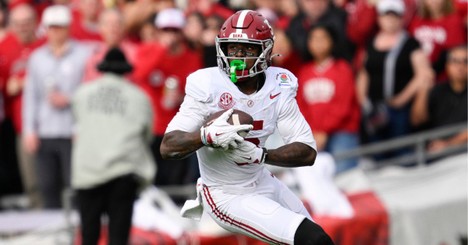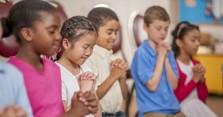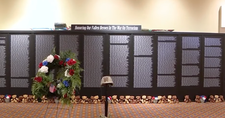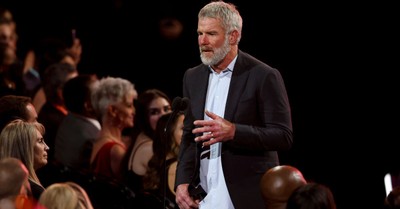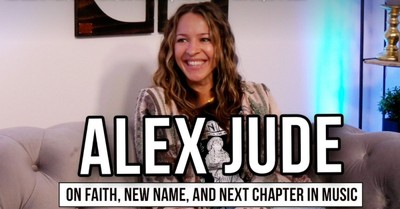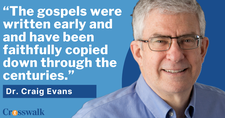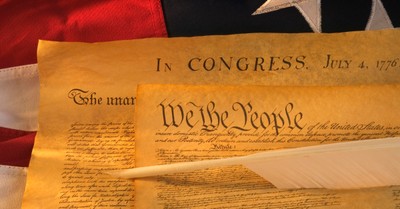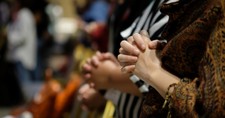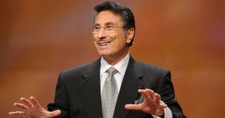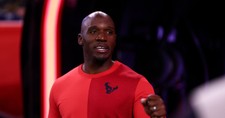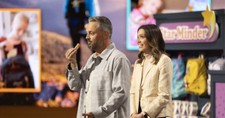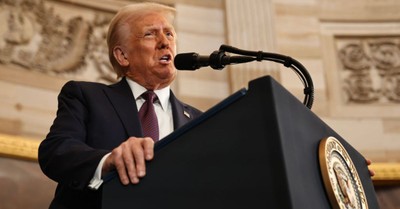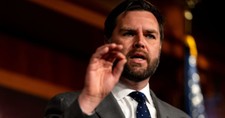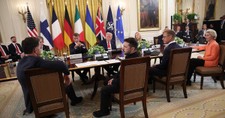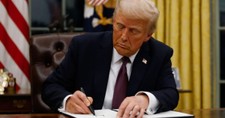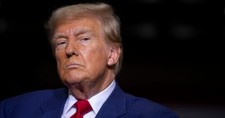
Trending Articles
Recent News
Reimagining the American Revolution? Alabama’s Germie Bernard Goes Viral for Praising Jesus after Crushing Loss Outgoing Kentucky Megachurch Pastor Launches Ministry to Feed Deer Jerky to Children What Should Christians Think of ‘Stranger Things’? Sean McDowell Weighs In Liberating Venezuela 7 NFL Playoff Quarterbacks Who Are Bold About Their Love for Jesus How 5 Evangelical Leaders Reacted to U.S. Action in Venezuela 'David' Reaches $70 Million at the Box Office As Trump Brokers Land for Peace, Is History Repeating Itself? The End of MTV Is Your Parenting Disordered? Choosing Your Word of the Year
Trending Articles
Recent News
Reimagining the American Revolution? Alabama’s Germie Bernard Goes Viral for Praising Jesus after Crushing Loss Outgoing Kentucky Megachurch Pastor Launches Ministry to Feed Deer Jerky to Children What Should Christians Think of ‘Stranger Things’? Sean McDowell Weighs In Liberating Venezuela 7 NFL Playoff Quarterbacks Who Are Bold About Their Love for Jesus How 5 Evangelical Leaders Reacted to U.S. Action in Venezuela 'David' Reaches $70 Million at the Box Office
Positive Stories
Celebrity
Video
Opinion
Church
Entertainment
Sports
Movies
Politics
Israel
Christian News Headlines - Breaking and Trending Religion News
Crosswalk Headlines - Christian news brought to you by a group of Christian writers and editors who are dedicated to creating a well-rounded look at what’s happening across the globe from a Christian worldview. Our vision is to inform and inspire productive discussion about the current events and online trends that shape our lives, our churches and our world.Crosswalk Headlines includes blog posts about current events and Christian media, breaking news, feature articles, and guest commentaries, many written by respected Christian thinkers.
